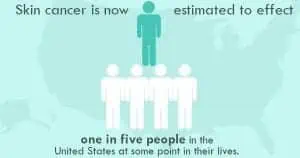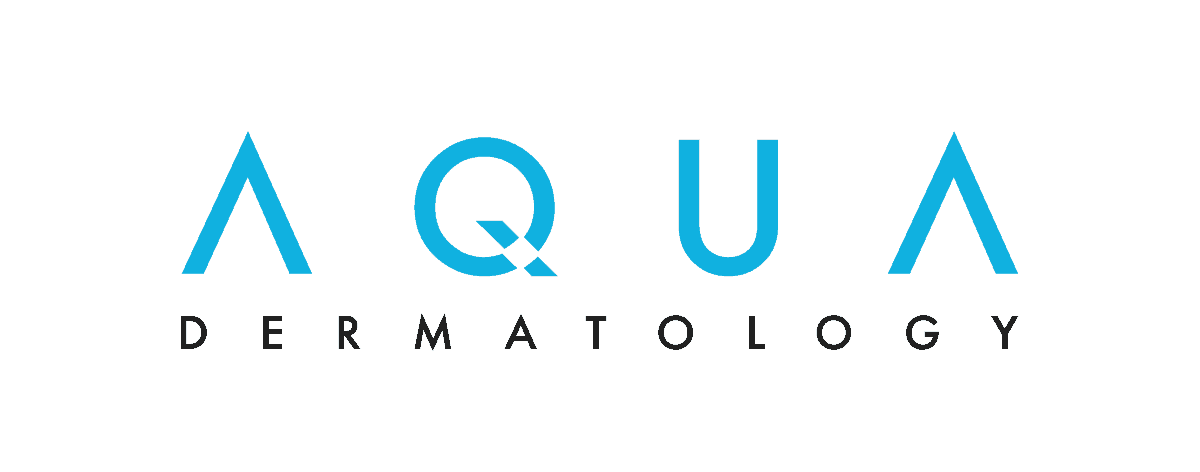
With skin cancer now estimated to affect one in five people in the United States at some point in their lives, many people are now aware of the various risks associated with this condition and how to prevent it. However, even if you wear sunscreen and check your skin fairly regularly, you may still have an increased risk of developing this disease. This is especially true if you have dysplastic nevus syndrome, a condition that has been linked to serious conditions like melanoma.
It is commonly known that a person with 50 or more moles has an increased risk of developing skin cancer, especially melanoma. Accordingly, dysplastic nevus syndrome refers to the presence of a high number of unusual moles, called dysplastic nevi. These may resemble melanoma from the onset and signify an unusually high risk of developing a real case of the condition: someone with dysplastic nevus syndrome may have 10 or 12 times the risk of developing skin cancer and melanoma than the general population, and as a result, dysplastic nevi are much more common among skin cancer patients than those without the disease. Dysplastic nevus syndrome runs in families and represents an inherited tendency to develop different types of skin cancer.
There is no dysplastic nevus treatment that can reduce the risk of developing skin cancer, but because of the nature of the condition, it is important that people with this disorder see dermatology and skin cancer specialists as soon as possible to prevent potential problems. Because the syndrome runs in families, dermatologists typically recommend that patient begin receiving full-body exams at age 10, including checks on the scalp, eyes, genitals, nails and other areas. Because a high percentage of people with dysplastic nevus syndrome develop melanoma in their teens, this is one of the most effective preventative options available. Patients who also have a family history of pancreatic cancer are also offered the chance to receive screenings starting at age 50, or 10 years before the age that their earliest family member was diagnosed.
Research shows that only 2-8% of the Caucasian population have dysplastic nevi. However, if you have noticed a number of atypical moles on your body and have close family members with skin cancer or melanoma, you have good reason to discuss your chances of developing these conditions with a dermatologist specialist. Fortunately, the field of dermatology has experienced a number of scientific breakthroughs in everything from acne therapies to skin cancer treatment, meaning that you have a good chance of treating any problems that may have occurred due to this genetic prevalence. Visit a dermatologist clinic today to discuss these options and preventative care with a professional today.





